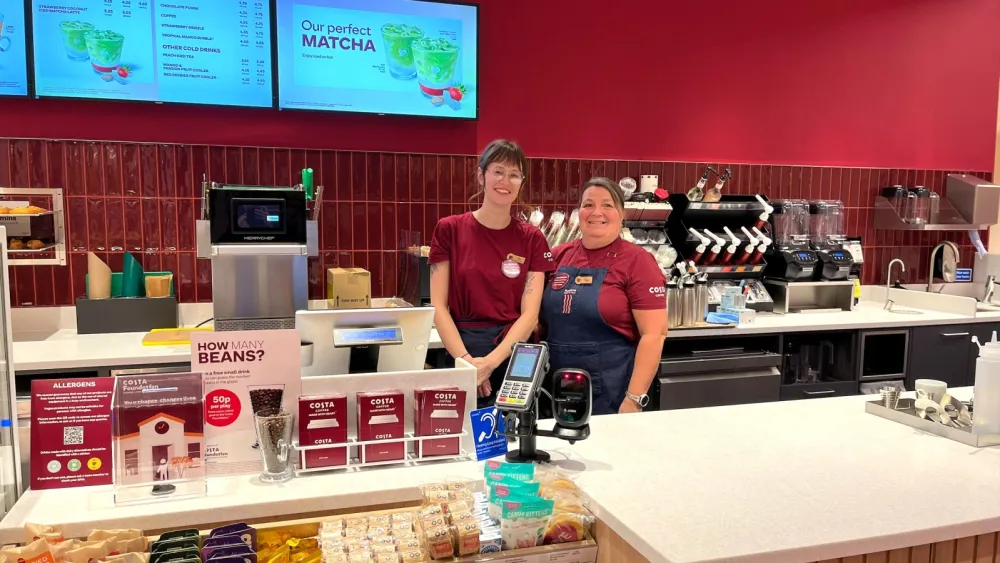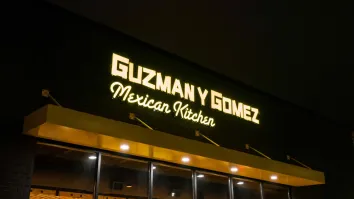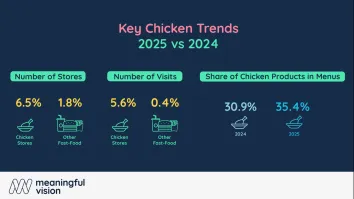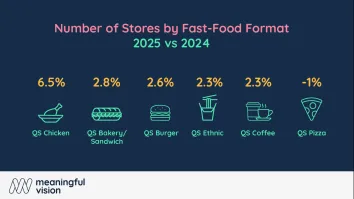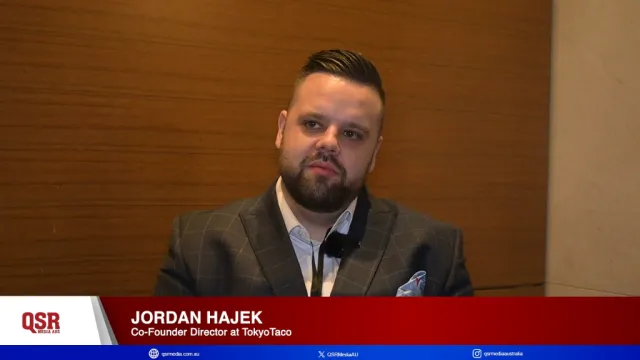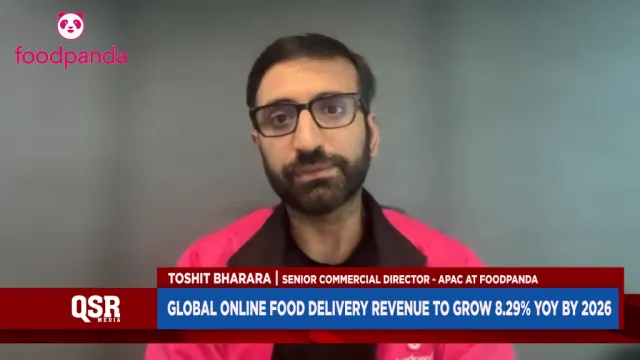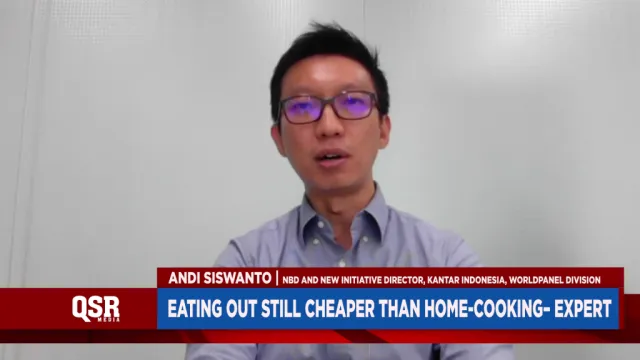
Luckin Coffee founders’ new coffee brand grows to 5,000 outlets
The brand said they are currently the fifth-largest coffee brand in the world.
Luckin Coffee founders Charles Lu and Jenny Qian’s new coffee venture, Cotti Coffee, reported that it grew to 5,000 outlets in over 300 cities in five countries in less than a year.
In August 2023, Cotti Coffee announced its global expansion strategy, marking its formal entry into the international arena. Concurrently, it launched a global partnership recruitment initiative and has already established multiple outlets in South Korea, Indonesia, Japan, and Canada.
The brand attributed its growth to its unique partnership approach. Initially, Cotti Coffee forgoes any franchise-related fees, opting instead for a profit-sharing arrangement, aiming to share risks with its partners and maximize each party's strengths. Additionally, Cotti Coffee has instituted a lifetime partnership system, ensuring the longevity of the business locations and the sustainability of the business collaboration. If a partner chooses to exit, the company offers a depreciation buy-back option for the equipment, which significantly reduces the barriers for potential partners to enter and sustain their business.
For the international market, Cotti Coffee has introduced both single-store partnerships and regional partnership models, offering more flexible collaboration methods catered to the diverse needs of its partners. Under this arrangement, the company provides support in branding, supply chain, operations, and digital platforms. Partners can select the manner and scale of their collaboration, ensuring both modularity and adaptability.
The coffee chain also uses an integrated coffee bean roasting facility that combines research, production, and quality control, accompanied by a production facility for related materials. With an annual output of 45,000 tons, Cotti Coffee said it stands as China's largest individual coffee roasting factory. Plans to establish coffee bean and raw material supply chain bases in Vietnam and other regions are already in place to solidify its supply chain.
